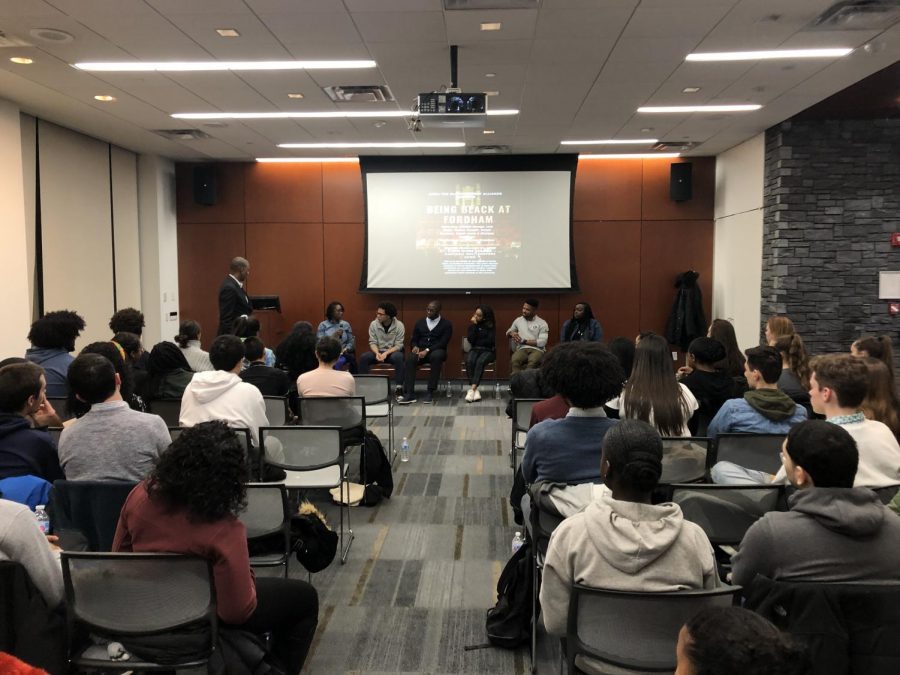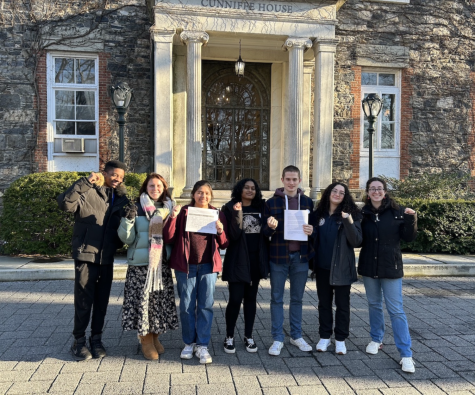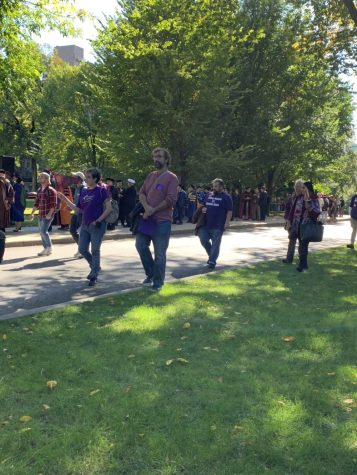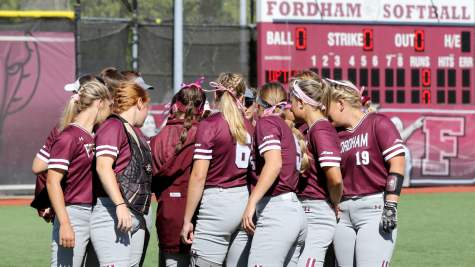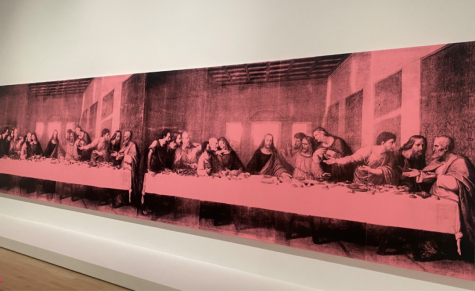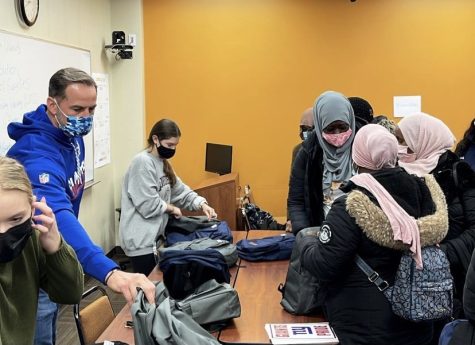‘Being Black at Fordham’ Panel Facilitates Discussion Among Students and Faculty
Editor’s Note: This article contains mention of racial slurs.
ASILI, the Black Student Alliance at Fordham, and the Office of Multicultural Affairs presented the annual Being Black at Fordham Panel on Friday, Feb. 21. Campbell Multipurpose Room was filled with Fordham students and members of the community for the panel.
Six panelists spent the evening answering questions pre-written by ASILI and from the audience, including an alumna, Mesha Joseph, FCRH ’18 and Lisa Betty from Fordham’s history department, as well as Arnell Stewart, GSB ’20, Jonah Issac, GSB ’20, Joseph Monga, GSB ’22 and Diontay Santiago, GSB ’21.
The event was moderated by Arto Woodley, Ph.D., the executive director for the center for community engaged learning (CCEL).
The night began with a round of questions that ASILI prepared for the panelists to answer. The questions covered topics such as what it’s like to be a black student in the Gabelli School of Business and how incoming students of color can be successful at the University.
Panelists talked about having to find people that they connected with on Fordham’s campus.
“I think everyone can relate to the fact that when you first come into an institution this large, you undergo a bit of a culture shock, but it’s sort of amplified when you’re a black student because not only are you seeing a million and one people from different backgrounds, but almost none of them look like you,” said Joseph. “It’s very hard for you to figure out where exactly you fit unless you speak to people.”
One question was, “In the last years that you’ve been here, how do you think Fordham has grown or diminished in making non-white students feel part of the community?”
Joseph talked about what a tumultuous time it was when she attended school here around the time that Trump was elected. She referenced instances where swastikas were drawn around campus and people used the N-word. She said she was confused about how the administration handled those situations because they apologized for them but did not take further action.
“Things were said, but nothing was ever done,” she said. “I remember being here and being upset with how the administration had dealt with things.”
Joseph said she was happy about the implementation of the Chief Diversity Officer at the time, but did not get to see the effects it had. Santiago said it is great that they have resources such as the the Chief Diversity Officer and C-Step, but there is a lack of visibility for these resources.
Betty said many of the students and alumni on the panel described being told by faculty, administrators and their peers that Fordham is an oasis, inversely projecting the Bronx as a desert.
“The inverse is true: Fordham is the desert, and the Bronx is an oasis and a true depiction of the diversity of the world,” said Betty.
At the halfway point, Woodley explained the history behind Black History Month and why it exists today.
“We talk about being black at Fordham, but what does it mean to be black?” asked Woodley. “We may not have time to get into all of that, but we should meditate on that for a minute.”
The second half of the event allowed audience members to ask the panelists questions, including, “What do you wish your white peers knew that they didn’t?” and “How much did you consider the culture and diversity before you chose Fordham?”
Panelists talked about Fordham, a predominantly white institution, in comparison to historically black colleges and universities (HBCU).
Santiago said he did not consider the culture or diversity before coming to Fordham but is glad he learned how to navigate these kinds of spaces and become comfortable with people of all different types of backgrounds, which he does not think would have happened at an HBCU.
Joseph agreed with Santiago’s statements.
“This is a more realistic representation of what it’s going to be like for the rest of my life,” said Joseph. “I’ve been prepared … to learn how to stay true to myself in this kind of space.”
Cameron DeChalus, FCRH ’20, president of ASILI, said all of the panelists did an amazing job articulating their experiences while at Fordham, whether it be as commuter, athlete, international student, professor, or alumnus in Rose Hill or Gabelli.
“We had an excellent turnout and I think it was great to see members from the Bronx community bring their younger children who could be potential future Rams in order to hear about these perspectives as well,” said DeChalus. “Our executive board was pleased with how successful this event has been over the years and the important conversation and dialogue it creates about black students experiences at a predominantly white institution like Fordham.”
Santiago said he thought the panel went really well. He said the food was great, the audience was receptive and engaged and the other people on the panel were charismatic and authentic in discussing their experiences of being black at Fordham University.
“I wanted to be on the panel because I wanted to be able to highlight my experience as POC on this campus and maybe offer someone who may be having similar experiences an opportunity to feel seen,” he said.
He said he thinks panels like this are important because a lot of people of color can feel isolated in their interactions with academia and higher education, especially high-cost, private institutions like Fordham University.
“Inferiority complexes and imposter syndrome tend to creep into the minds of people when they don’t have others to validate them,” said Santiago. “When situations like a black kid at Fordham being the only black kid in their classes occur, these aforementioned negative feelings can take over. I want them to know they aren’t crazy or inferior or unfit to be at Fordham.”
Woodley said he thought the event went well and ASILI did a great job with it. He said ASILI invited him to moderate the panel.
“This is something I do, period,” he said. “As executive director for CCEL and an African American man who’s visible on campus, this is part of my moral and ethical obligations to elevate these conversations.”
Woodley noted that the audience was made up of primarily students of color, but there were also some non students of color in the audience. He said he thinks that conversations like these need to be broadened and expanded to all students across the campus.





































































































































































































